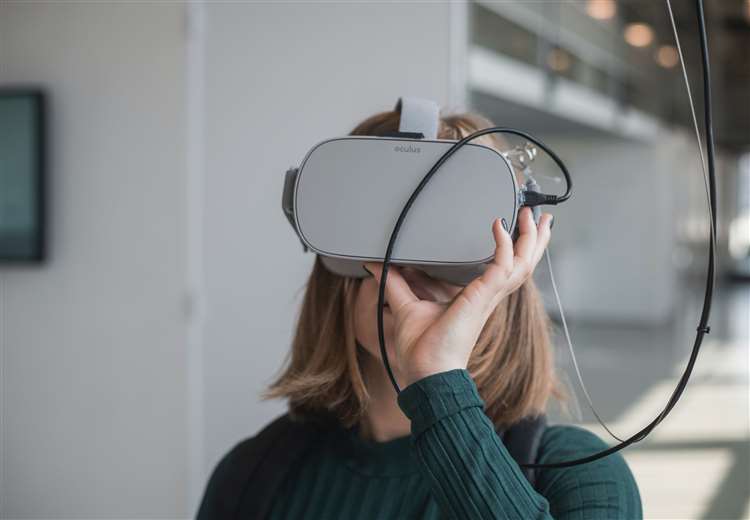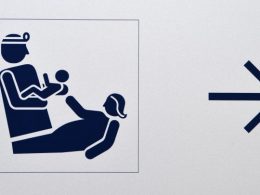In Hampshire, UK, carers of traumatised children are trained using virtual reality. They experience different scenes from the children's point of view, which should help the carers to understand the consequences of such situations for the young patients.
The change of perspective that is possible with VR brings many benefits. For example, caregivers are currently training in VR in Hampshire, UK. They experience different scenarios from the perspective of traumatised children. This training method helps carers to understand the impact that traumatic experiences have on young people. The focus is on child abuse, domestic violence, mental illness and substance abuse.
Psychologists Fischer and Riedesser define psychological trauma as an experience between threatening situational factors and individual coping options, which is accompanied by feelings of helplessness and defencelessness and thus causes a permanent shaking of the self-image and world-view. This process should be better comprehensible for outsiders through VR.
Successful pilot project to be continued
In the pilot project of the programme, several social work teams were already trained last year.
"The training puts caregivers in a variety of scenarios and allows them to feel and experience each of them from the child's point of view," explains Jack Slaymaker, director of training. Experiencing the effects of trauma, abuse and neglect through the eyes of the child, he says, enables caregivers to adjust their behaviour in a targeted and, at least virtually, experiential way.
The project has been very well received, says Richard Dooner of Antser, the company behind the VR training. The district administration probably sees it that way too and has extended the project. "By literally putting themselves in the shoes of the young person, the caregivers can empathise with the situation and experiences of the individual child and relate to them on a deeper level - which reinforces the child-centred approach we advocate," Slaymaker sums up.
A similar approach has been taken by the Swiss agency Bandara in a joint project with the University of Applied Sciences East in the context of Dementia Care, as we have already discussed in our Report have shown.









